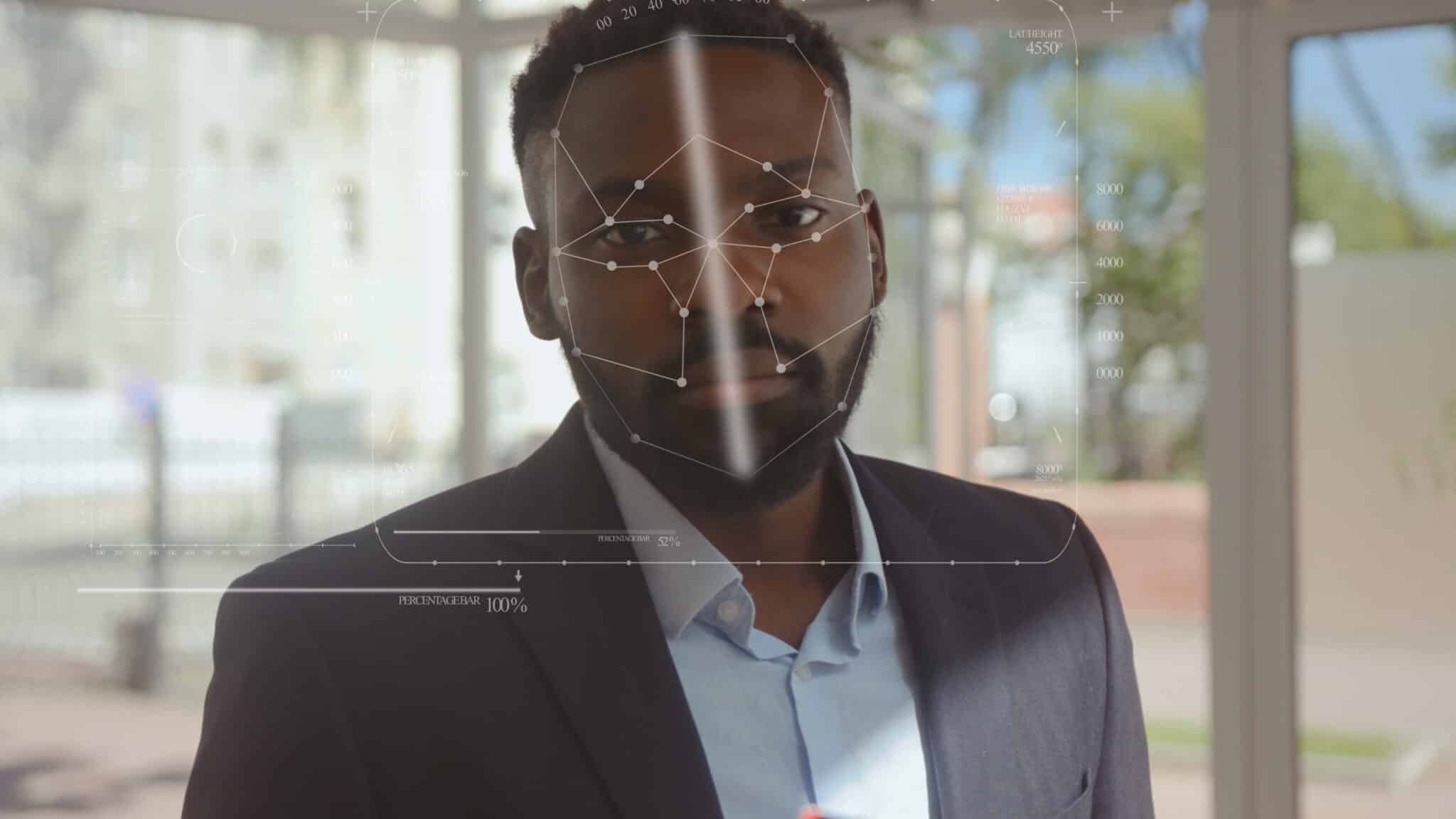Science
Biometrics Survey Reveals Rising Importance of Education and Trust

The latest survey from the Biometrics Institute, conducted in July 2025, highlights an evolving landscape in the biometrics sector, emphasizing the growing importance of responsible and ethical use of biometric technologies. Over 200 industry professionals from various countries participated in the survey, reporting a significant uptick in the adoption of biometrics by law enforcement agencies.
A key finding indicates that digital identity and artificial intelligence (AI) are poised to be the primary focus areas for future advancements in this field. Respondents pointed to an anticipated transformation in national identity programs as another critical development. Throughout these discussions, there is a clear narrative: increasing trust in biometric systems is essential.
The survey follows the release of the Concepts and Solutions Report by the Biometrics Institute, which examines emerging technologies and their societal implications from the perspective of biometrics providers. This report offers practical insights into meeting the rising demand for transparency and accountability in biometric systems, exploring 30 real-world use cases where these challenges manifest.
The Biometrics Institute’s commitment to responsible biometric usage is evident in its range of initiatives, including a recent call for improved practices in Australia. The organization emphasizes the significance of its published reference materials, such as the updated Privacy Guidelines, which aim to help organizations navigate issues related to deepfakes and other privacy concerns highlighted in the survey.
Education emerged as a vital theme in the survey results, with 84 percent of respondents believing that public acceptance of biometrics will require expanding education beyond the existing community of professionals. To address this need, the Institute has introduced the Fundamentals of Biometrics, an online course aimed at individuals outside the professional biometrics circle.
The Biometrics Institute has long been an advocate for responsible biometrics use, including the publication of guidelines in June that underline best practices in the field. To further facilitate knowledge sharing, the Institute also hosts a series of events designed to keep industry professionals informed about the latest developments in biometrics.
Concerns about AI, particularly regarding deepfakes, were echoed by 85 percent of survey respondents, who view this as a significant threat to the future of biometric technologies. This concern contributes to a growing interest in multimodal biometrics, which respondents predict will see increased adoption compared to any single modality in the coming years.
As the biometrics industry continues to evolve, the emphasis on ethics, education, and trust will be crucial as stakeholders navigate the complexities of implementing these technologies responsibly. The findings of the Biometrics Institute’s survey serve as both a warning and a guide for future developments in this dynamic field.
-

 Politics4 weeks ago
Politics4 weeks agoSecwepemc First Nation Seeks Aboriginal Title Over Kamloops Area
-

 World5 months ago
World5 months agoScientists Unearth Ancient Antarctic Ice to Unlock Climate Secrets
-

 Entertainment5 months ago
Entertainment5 months agoTrump and McCormick to Announce $70 Billion Energy Investments
-

 Science5 months ago
Science5 months agoFour Astronauts Return to Earth After International Space Station Mission
-

 Lifestyle5 months ago
Lifestyle5 months agoTransLink Launches Food Truck Program to Boost Revenue in Vancouver
-

 Technology3 months ago
Technology3 months agoApple Notes Enhances Functionality with Markdown Support in macOS 26
-

 Lifestyle3 months ago
Lifestyle3 months agoManitoba’s Burger Champion Shines Again Amid Dining Innovations
-

 Top Stories2 months ago
Top Stories2 months agoUrgent Update: Fatal Crash on Highway 99 Claims Life of Pitt Meadows Man
-

 Politics4 months ago
Politics4 months agoUkrainian Tennis Star Elina Svitolina Faces Death Threats Online
-

 Sports5 months ago
Sports5 months agoSearch Underway for Missing Hunter Amid Hokkaido Bear Emergency
-

 Politics5 months ago
Politics5 months agoCarney Engages First Nations Leaders at Development Law Summit
-

 Technology5 months ago
Technology5 months agoFrosthaven Launches Early Access on July 31, 2025





















